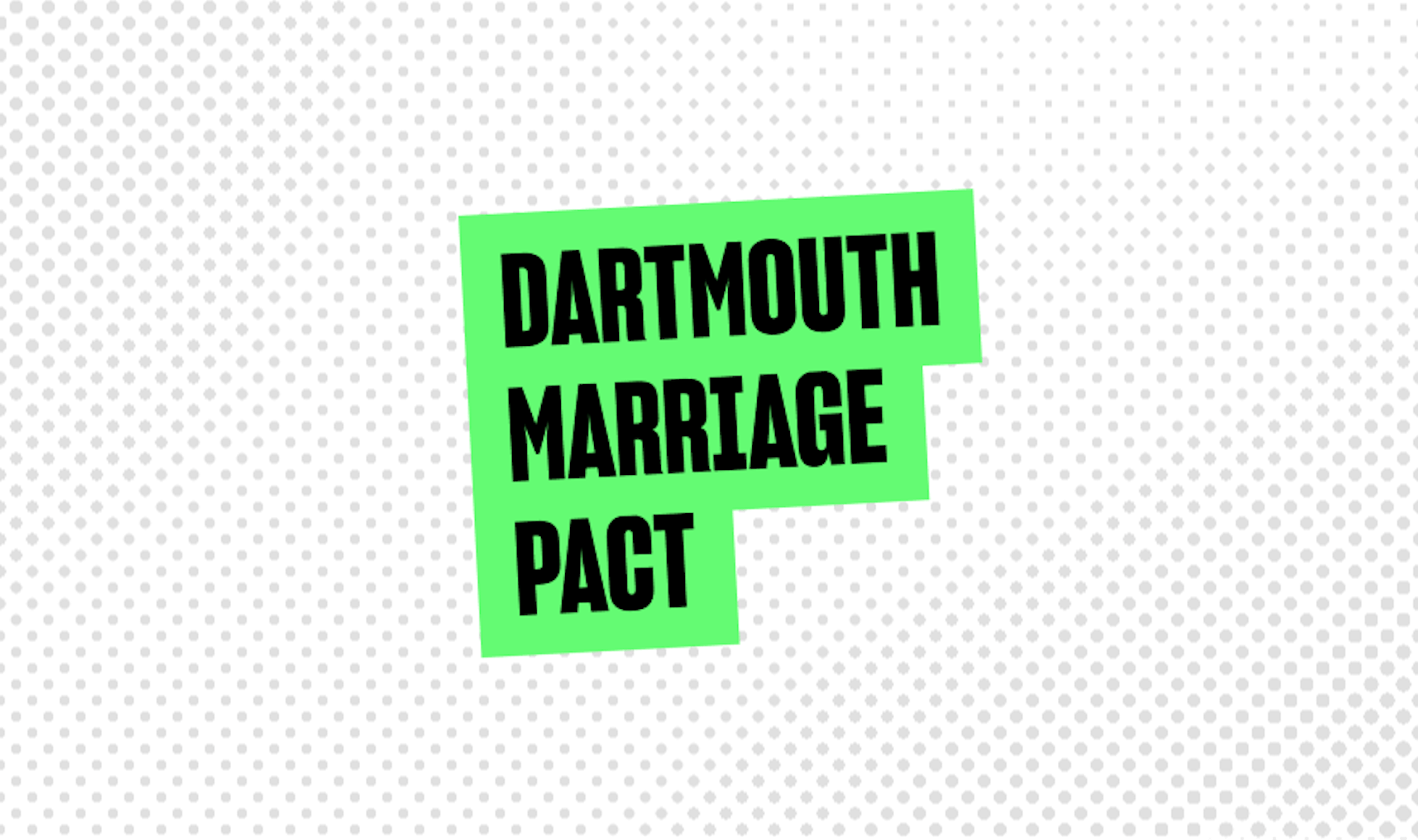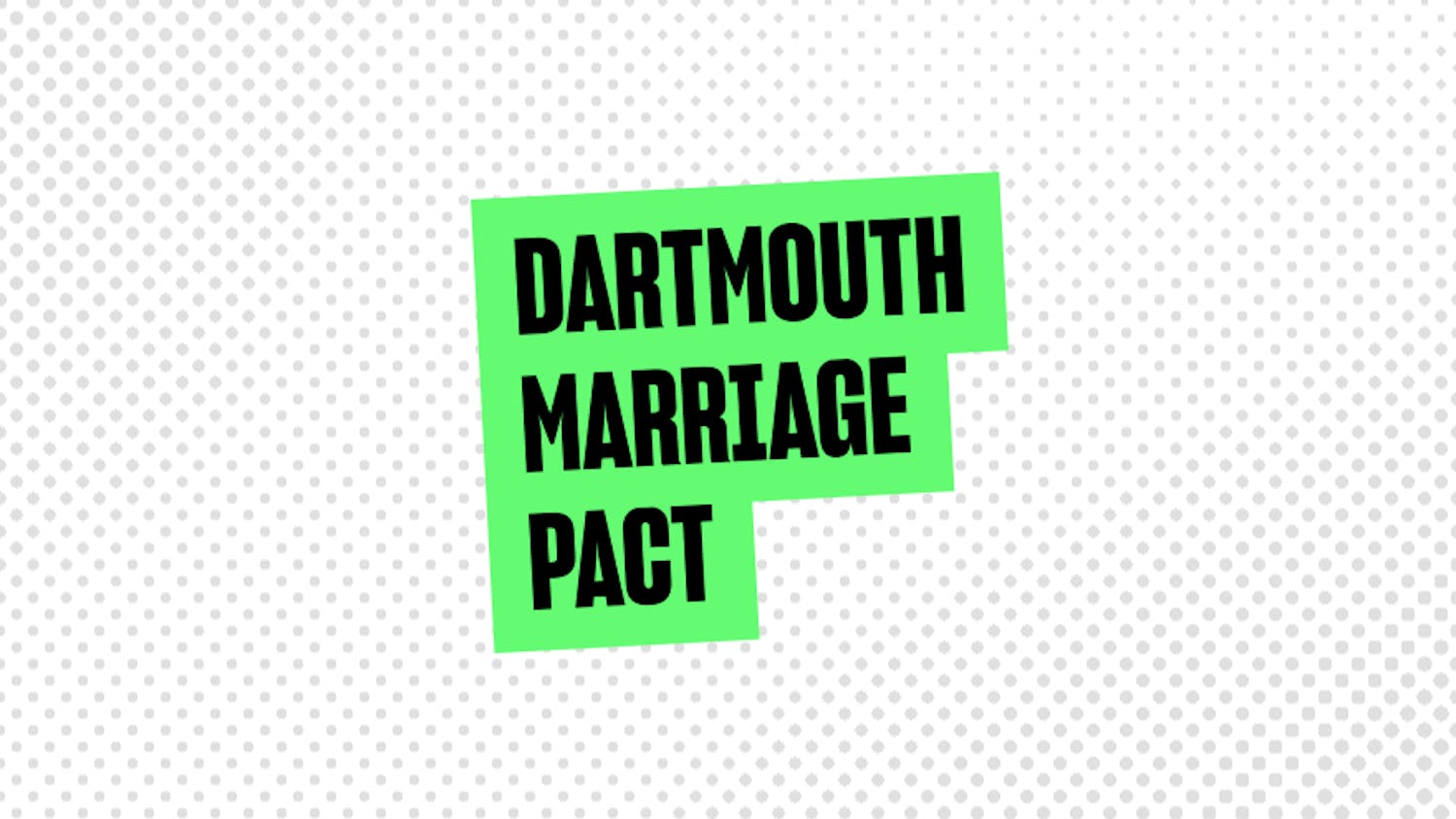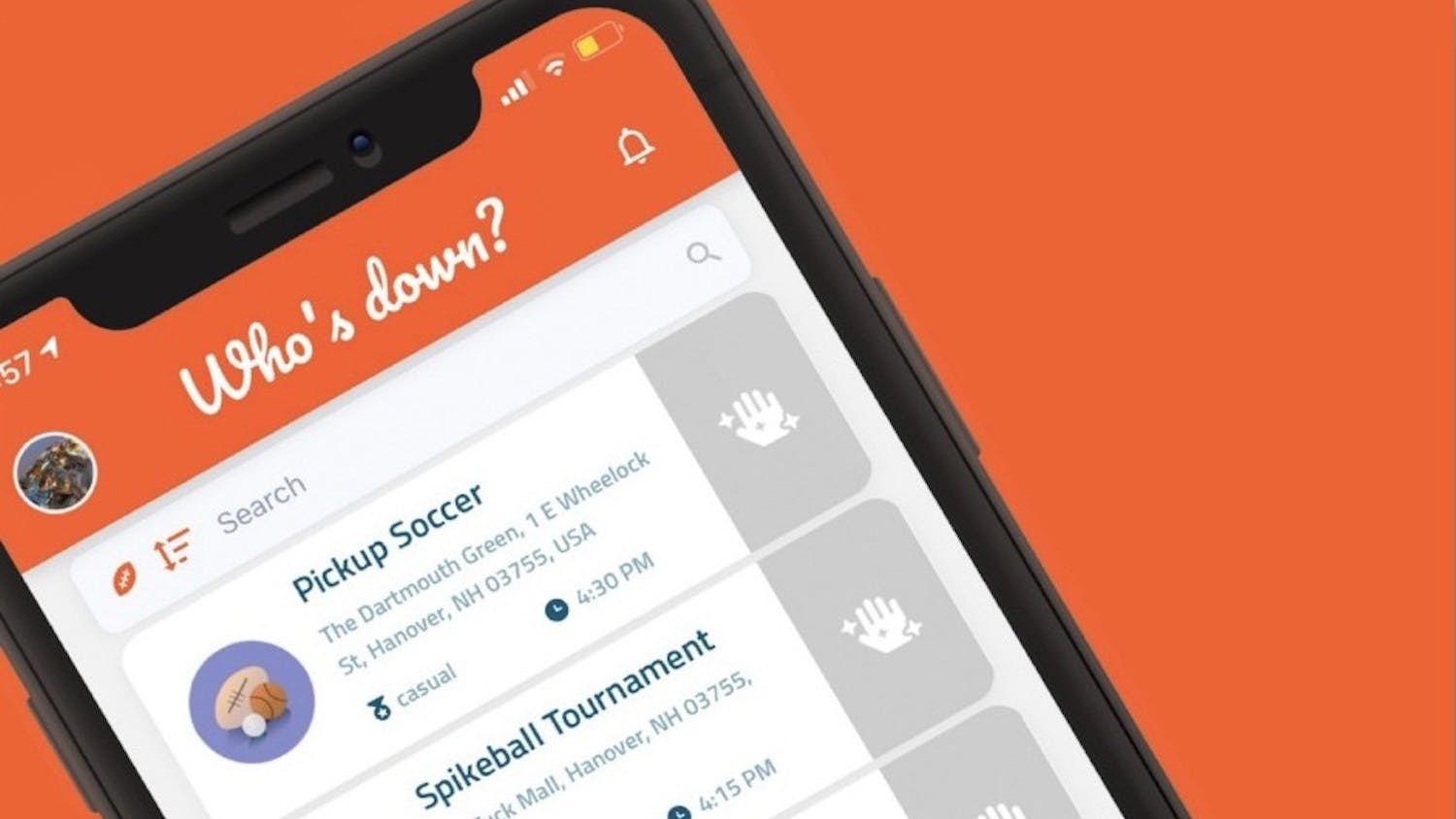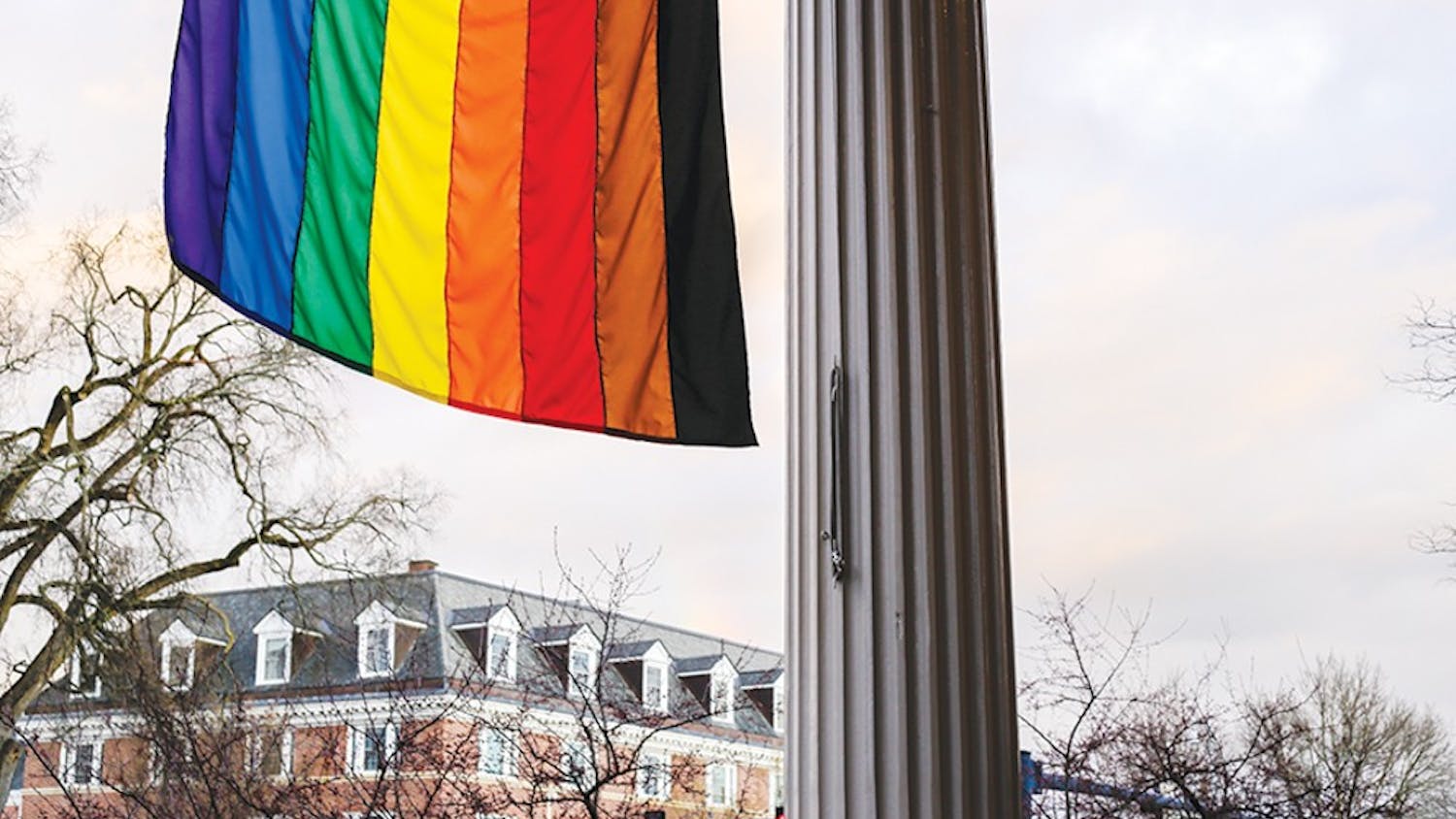From Last Chances to Datamatch, it seems that many Dartmouth students are eager to find “the one.” But where did Marriage Pact — the latest in a string of matchmaking algorithms on campus — come from, and why is the idea so enticing to Dartmouth students?
Marriage Pact originated at Stanford University and has since spread to a number of other schools, including Columbia University, the University of Virginia and Tufts University. When Meghna Ray ’20 approached Tippa Chan ’23 about bringing the program to Dartmouth, Chan thought it could be a fun project and took on the task with her friend, Sara Cavrel ’23.
To participate in Marriage Pact, students answered a batch of 50 questions on personal and lifestyle preferences that were likely to affect partners’ long-term compatibility. On Feb. 1, roughly 40% of the Dartmouth student body received a match through the algorithm.
A week later, with many Dartmouth students now meeting up with their matches, the question remains: Did Marriage Pact work? Can love really be calculated with an algorithm?
Chan said she does not foresee many imminent marriage arrangements arising from the program.
“I think a couple of people were underwhelmed. I know some people have met up with their Marriage Pacts and enjoyed it, but I don’t know anyone who has had a budding romance,” Chan said.
Cavrel agreed, adding that she knew many people who had reached out to their match on Snapchat, but she hadn’t heard much about people actually going on dates with their matches.
However, not all matches were created equal, according to the algorithm. Matches that shared compatible answers were given a stronger percentile rating. Coby Gibson ’21 and Hannah Frater ’21 received a match in the 100th percentile, making theirs the “best match on campus,” according to the Marriage Pact email they received.
Gibson and Frater both think their match was a success. Prior to the match, the two knew each other and spent time in similar social circles, yet they hadn’t spent much time together individually. Since the Marriage Pact, the two have met up a few times, and they both think they have grown closer to each other.
Both Frater and Gibson filled out the Marriage Pact questionnaire just “for fun.” Frater said that she was “shocked by how accurate” the matching platform was. The pair began to discuss their answers to The New York Times’s “36 Questions That Lead to Love,” and Frater said that they kept giving the same answers.
“One of them was ‘What skill would you want to pick up?’ — and I was like, ‘Oh, I want to learn Arabic,’ and Coby was like, ‘You’re kidding,’” Frater said.
Gibson thinks that the Marriage Pact matching system works, to some capacity.
“Getting to know Hannah more and just hanging out with her has definitely been really awesome,” Gibson said. “I guess Marriage Pact is something that works for some people.”
However, Gibson and Frater agree that their match was unusual, and many of their peers’ matches were less successful.
“I only know one other couple that seems to have gone on a date, but I think for the most part it was just kind of a joke,” Frater said.
People filled out the Marriage Pact survey for a variety of reasons, and not everyone was interested in a relationship with their match.
“I know a few people in relationships who did it just to see who they would get, not because they wanted anything,” Gibson said. “I would say it’s a mixed bag of what people were getting at, and what they got.”
Chan thinks that Dartmouth’s isolation is one reason why programs like Marriage Pact are popular around campus.
“A lot of people don’t have as many opportunities to meet other people,” Chan said. “And I feel like if they have something like Marriage Pact — or even other things like Datamatch — to meet a significant other or friends, I think they’re going to take advantage of that because it’s a great way to meet people you barely know.”
Gibson also mentioned that some people were disappointed with their matches.
“From what I’ve heard people talking about, a lot of people went into [Marriage Pact] half joking, but then when they found out their Marriage Pact person and they didn’t like them, they were like, ‘Oh, it’s fine — it was a joke.’ But they were a little bit bummed out,” Gibson said.
While Marriage Pact might not have sent students immediately running to reserve Rollins Chapel, it did serve a different purpose, helping forge connections in a time of isolation. Besides, who knows? Maybe we’ll hear wedding bells yet.
Arielle Feuerstein ’24 is an English major from Bethesda, Maryland. She currently serves as the production executive editor, and in the past, she wrote and edited for Mirror. In addition to writing, Arielle enjoys crocheting, board games and walks around Occom Pond.




